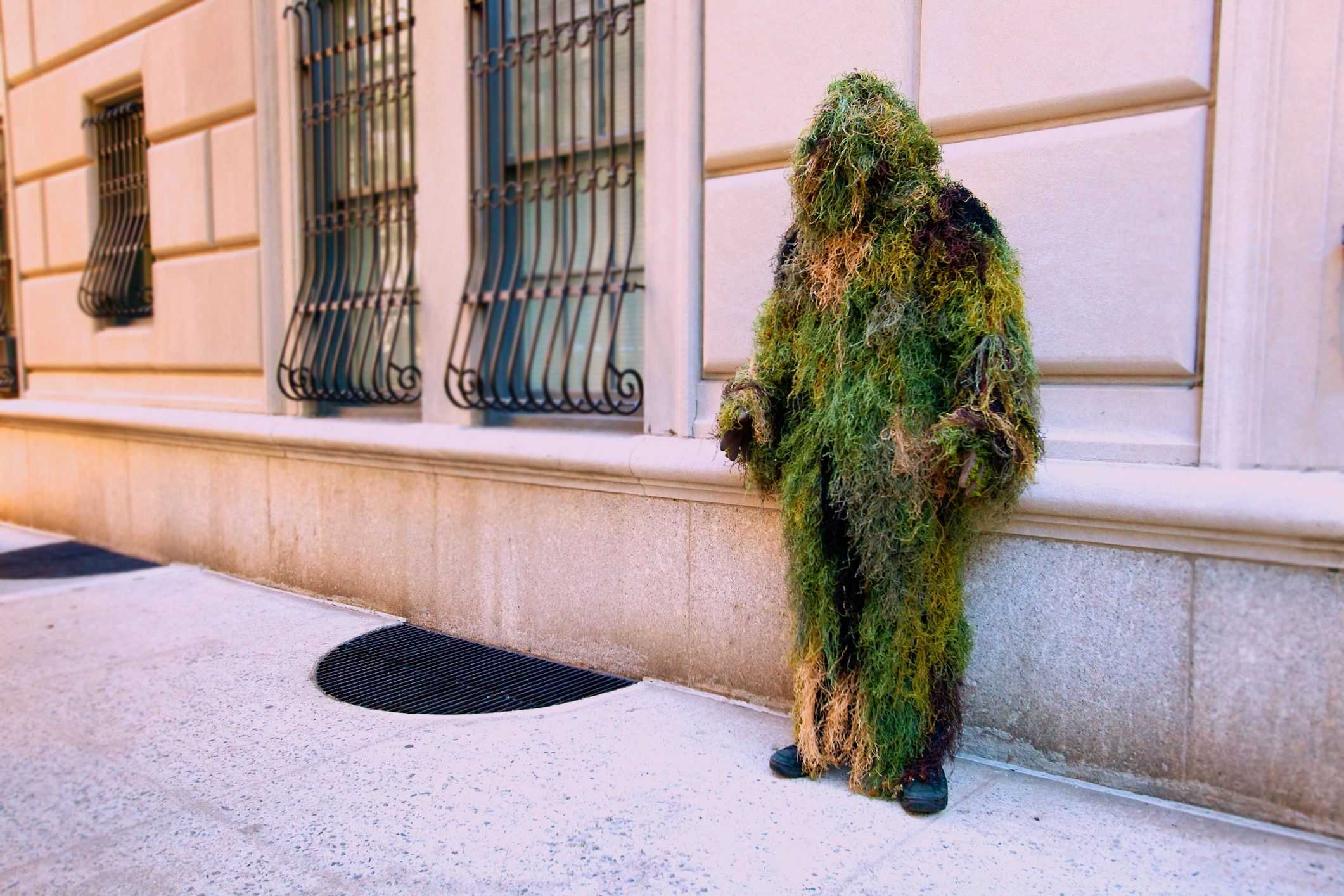“We don’t have so many shortfalls if we look at what’s already there. This encourages me. We just have to distribute what is there a little bit differently.”Maja Göpel
“Making our society fit for the future” – a conversation with the transformation researcher Maja Göpel
Esra Kücük, CEO of the Allianz Foundation, in conversation with Allianz Foundation Fellow Maja Göpel about the courage for transformation, necessary new narratives for a society fit for the future and cooperation as new realism.
July 26, 2023
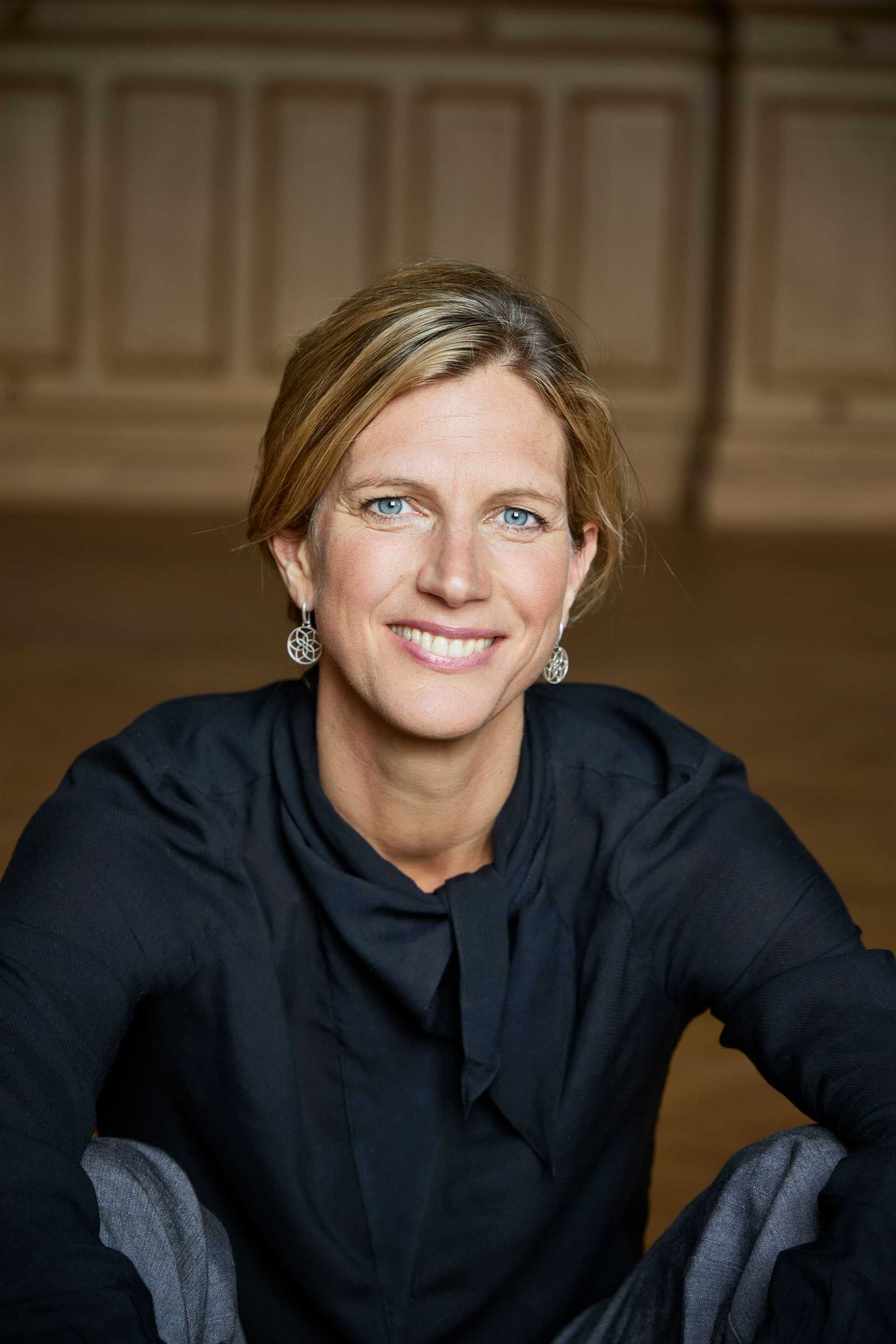
Maja Göpel © Anja Weber
Maja Göpel is a transformation researcher, sustainability expert and social scholar with an emphasis on transdisciplinary approaches. She is an honorary professor at Leuphana University of Lüneburg and one of the most important contemporary voices regarding the question of how we can make our society fit for the future again. In her books, “Unsere Welt neu denken” (Rethinking Our World – 2020) and “Wir können auch anders” (We can do things differently – 2022), she deals with issues of sustainability and social justice. Since the publication of these books, she has a reputation as one of the most important thought leaders for an ecologically focused world. Maja Göpel is an Allianz Foundation Fellow.
Esra Kücük is Chief Executive Officer of the Allianz Foundation. Her work focuses on future-oriented issues in a changing society and is committed to issues such as cultural participation and social justice in times of transformation.
Esra Kücük: As the Allianz Foundation, we want to enable better living conditions for the next generations. You made me think with what you said at last year’s re:publica festival, “We are now living in an era that is incomparable with the last 10,000 years.” What did you mean by that?
Maja Göpel: The idea of a new era comes from geologists. Studying the layers of the earth tells us so much about how the earth used to look like and which forms of life were quasi carved into the surface of the earth. It was in this context that geologist coined the term “Anthropocene”. “Anthropos” come from the Ancient Greek, means humans, upright walking humans. I think it is nice because the term upright can also be understood as an attitude. Our era, the Anthropocene, needs an upright attitude. Anthropocene because we are the ones who are actually changing this earth’s system: We are making nature! We have become the driving force of change for ecological systems. There are so many of us humans, especially in the 20th century, and at the same time we intervene in the earth with increasing intensity. We can measure this on per capita consumption, in other words how many resources or energy is consumed per person.
Esra Kücük: There is no lack of knowledge regarding the resulting problem. We know that a “business as usual” is not possible. How can we manage the transformation from knowledge to changing attitudes, to specific action for a climate-neutral everyday life?
Maja Göpel: When we look at the reactions to reports like “The Limits to Growth” from 1972, they were very defensive. The modeling at the time was aimed at thinking about trends together: how many resources do we extract from the ground, how much pollution does it produce? How much food can we then produce? How will the number of people increase from this? The report wanted to show that it is important to think differently at an earlier stage, in other words, think about renewable energy or focus agriculture in a regenerative way.
The prevailing narrative, the cultural makeup, the story of success until then was: we can always invent something new if something is limited! If some resources become rare, the prices will increase and then we will think of something new. Optimization, new technologies, or increasing efficiency were the solutions. But earth systems are living netwerks, not experiment sets with natural resources. We cannot simply remove or build them back up.
And we have thought far too little about why we still need more and more – of everything. And these are the so-called rebound effects. The success story was: “We ensure our peaceful coexistence with more. More is constantly created and then everyone can also get more.” In this narrative, we never seriously reach the point of talking about the distribution of a pie – it can get bigger if someone complains.” From my perspective, we have now reached the point for the first time – seen globally and in rich countries as well – where it becomes clear that there are not really the ingredients for more pies. It is important to honestly describe it so we can answer the question of how to approach it as cooperatively as possible instead of confrontationally.
For example, how unbelievably dependent we are today on the flow of goods networked globally. This was demonstrated once again by the pandemic and the war against Ukraine. And how strongly conflicts are built on access to resources and flows of goods. We have to consider: How can we globally organize supply security much better? By practicing regenerative agriculture and correspondingly reestablishing our ecological capital. By moving away from fossil fuels as quickly as possible and retaining framework conditions for the climate that are as stable as possible. By developing new technologies that explicitly aim at these solutions and not at further improving the ease and consumer habits of people with purchasing power. For example, how can digital instruments support a circular economy that maintains the material needs of economies on a long-term regenerative level?
Even when it is really unpleasant, first by an honest description of the problem can we find these solutions. We greatly avoid this first step and then invent so many solutions that reduce the short-term symptoms, but do not take care of the cause of the overuse. But it is enormously important to consider social and ecological issues together.
Esra Kücük: But can we actually make a difference as people? Or is that not the task for industry and politics?
Maja Göpel: I think both. It is important to consider who can press which buttons. And of course as citizens we are also acting as consumers. I can kick-start a cultural change by reaching into a shelf or asking about the origin of products or my investments. And in this way, narratives and ideas of what is “normal” change as well. Social sciences clearly show that picturing what my peer group considers important and right often has a greater influence on my behavior than my isolated view of the topic.
“It is the responsibility of those who make the rule to change the offering.”Maja Göpel
Esra Kücük: Doesn’t it make things too difficult for consumers because they have to know so much to be able to ask the right questions?
Maja Göpel. That is exactly the next point. It absolutely cannot just be about individualization of solving problems. As a member of our society, I have many roles, maybe I am a mother and have a job or maybe I want to spend some time with my partner or with friends. That means that I cannot spend the whole day researching which products contain the least greenwashing. That is exactly why we have a social contract that is called society, and it includes a constitution, and establishing rules. It is the responsibility of those who make the rule to change the offering so that what I take off the shelf corresponds to sustainable standards. I can establish nuances as a consumer, but I cannot determine what is being offered.
However, this approach is still difficult for us with ecological aspects. When baby formula is contaminated, everyone agrees it has to be immediately removed from the shelves. But how slowly are we now inching closer to the point where we say, “We also remove products that involve unnecessarily high ecological cost.” This often immediately leads to accusations of ecological dictatorship and so on. However, these are simultaneously impulses for innovation that improve what is possible and can start an upward spiral of quality assurance. That is why the interaction between political rule setting and producers who are aware of their responsibility becomes so important.
Esra Kücük: How high is society’s willingness to go along with this change? How is the danger of social backlash? Who goes along with that kind of transformation process and who is left behind? How can we shape this new narrative of reasonableness: from the narrative of fear to one of societal opportunities?
Maja Göpel: I think this is where the really big key lies. If we look at the U.S., we can clearly see what happens within individualized lifestyle wars. Where my primary identity is derived from my lifestyle and we all bash each other. Social media amplifies that. There’s often only black or white. We lose all the nuance we need in the process of searching for the right solutions.
After all, we haven’t even developed the sustainable world as a blueprint. We are all developing countries in that concern! There is no single country with a sustainable economic or social model yet. It feels like the debates have only been concerned with extremes and either/or arguments. But reality and how we want to construct the future will always remain compromised to some extent. This will always mean taking one step after the other. But it is especially important to take the first steps so that the next steps become easier. For example, so that I ultimately get a different system of mobility and one car per person is no longer necessary. It does not require bashing those who are still dependent on their car because infrastructure does not yet provide anything else. But we simultaneously have to say: all right, in the meantime let’s make sure that all of the investments flow into building this infrastructure, and unnecessarily large and resource-intensive cars are problematic in all of these systems.
This leads us to transformation research or innovation research. It is what is called the first, second, and third horizon. The first horizon: I examine the status quo, the current system, and maintain it. Whenever things go shaky, we should invest, right after the first protests occur, in maintaining it, even though I already know it is not sustainable, not viable for the future. However, it would be important to orient around the third horizon, that of the future supply systems. The vision of sustainable mobility, a regenerative, sustainable food system, city planning oriented around public health. This is the moment when the second horizon emerges, where innovations and interventions take place, necessary for getting from one to three without the first one collapses if possible.
Right now we have to buy gas again because we don’t have enough renewables yet. However, we shouldn’t build a long-term oriented gas infrastructure from different sources, but continue to keep the priorities where we want to have them in the mid-term, in a renewable energy supply. This way, letting go is less limiting and frightening because the new things that can be created are more imaginable and can be more quickly implemented.
Esra Kücük: My generation grew up with the narrative that since World War II, every generation has always had it better, a certain advancement, which meant prosperity. When I look at my children now, I wonder what are the narratives that can give them courage?
Maja Göpel: We don’t have so many shortfalls if we look at what’s already there. This encourages me. We just have to distribute what is there a little bit differently and domesticate the competition in our society. Push for more socio-cultural change. Then no one would have to starve, then there would be enough housing. We should be driven by this question: How can we live well within planetary boundaries? It is about finding a scale a) I can live a healthy and fulfilled life with and b) that corresponds to a fair share of planetary use.
In addition, we should also examine which technological leaps and which forms of renewal of nature, of ecological system regeneration would allow us to have more freedom again. The message is: Strengthening nature again is a gift for all of us. When we renew ecological systems, more CO2 will be saved, and there is also more shade, there will be more water in the ground. And if we use different kinds of fertilizer, then we can become less dependent on fossil fuels, and through other soil maintenance we can work with less manure, which causes pollution of the groundwater today. For many areas this means doing things better, not completely letting go! Getting rid of wastefulness, getting rid of a lack of consideration. Strengthening systematic structures, understanding connections as established in ecology, so that we can strengthen them again.
I also see it in social aspects. If you listen closely to what we actually wish for ourselves, then it is more prosperity in terms of time, less pressure, not being compared with others so much, secure housing, good health.
If we turn these screws, we will additionally decrease the pressure of needing to produce and consume more and more. That is a completely different way of reaching an agreement about the good life, as well as prosperity and welfare, and searching for ecological and political innovations that can organize this with stability.
In this context, my motto is: “Cooperation is the new realism”. Topics like shared global and ecological goods, biodiversity, climate, peace: we cannot maintain this without cooperation. From my perspective, this means normalizing and encouraging the parts of us that are cooperative, as well as strengthening them in discourse.
Esra Kücük: Thank you very much for the conversation.
The interview took place in the summer of 2022, was edited for clarity, and is posted here in a very shortened form. You can watch the german interview in its entirety here (Youtube).
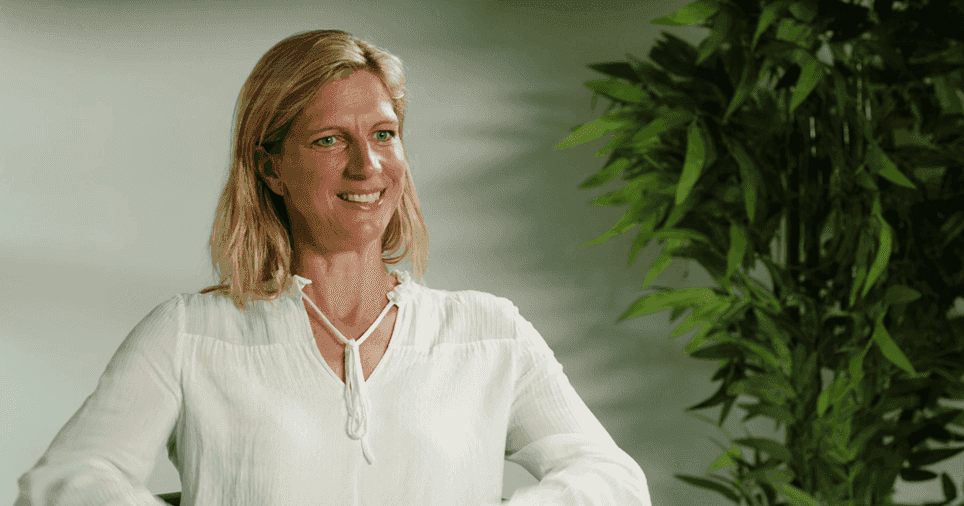

Climate Cultures Call: Our Grantees
From eco-playwriting programs for Algerian students to building a climate justice network in Europe - Get to know our ten Climate Cultures grantees!
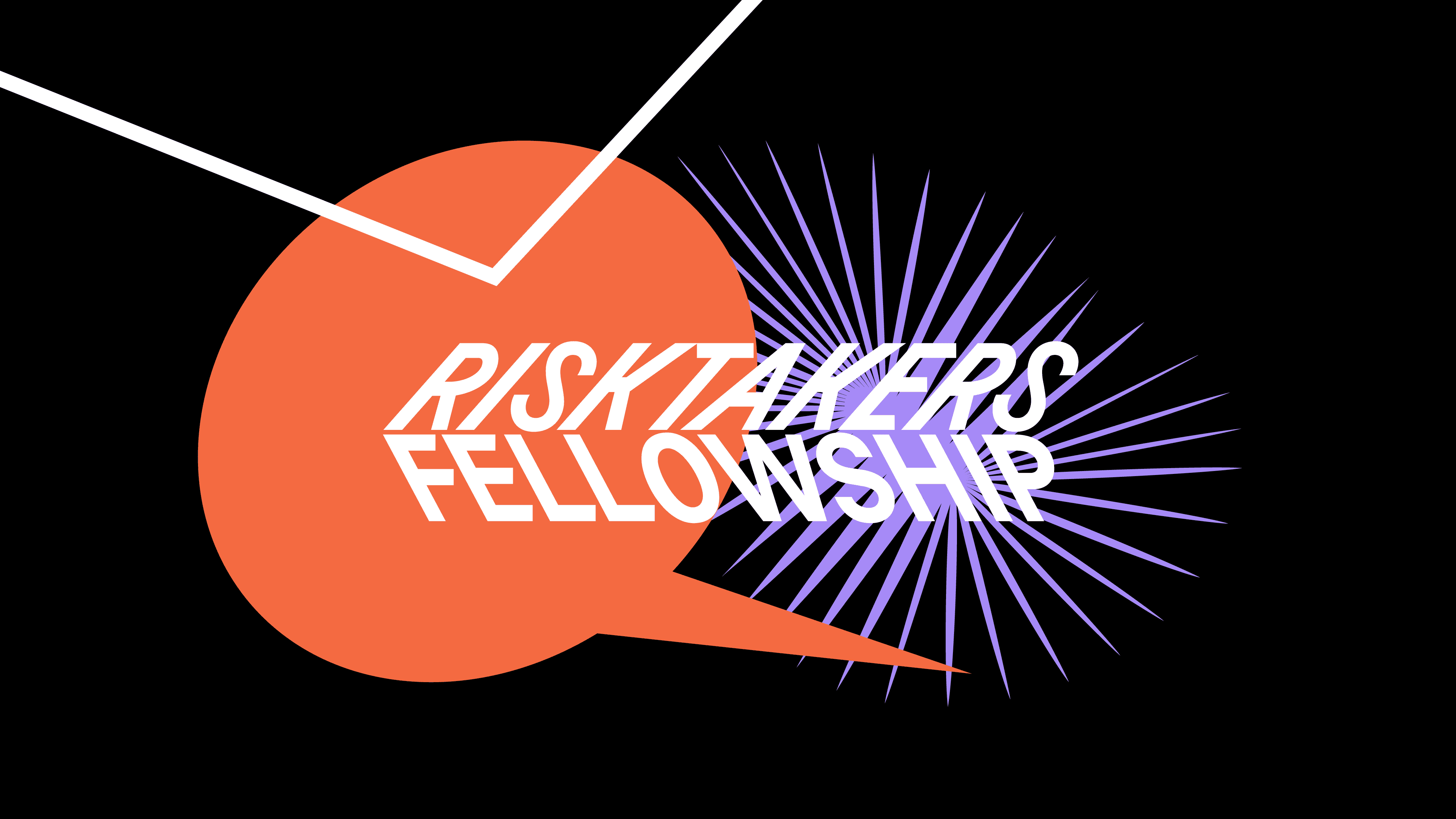
Risktakers Fellowship Call
+APPLICATION DEADLINE EXPIRED+ The fellowship aims to create spaces of hope and resilience while facing the complex crises of our time. It supports individuals who meet these crises by developing ideas for desirable futures – in the digital space and beyond. This Fellowship is a collaboration with SUPERRR LAB.
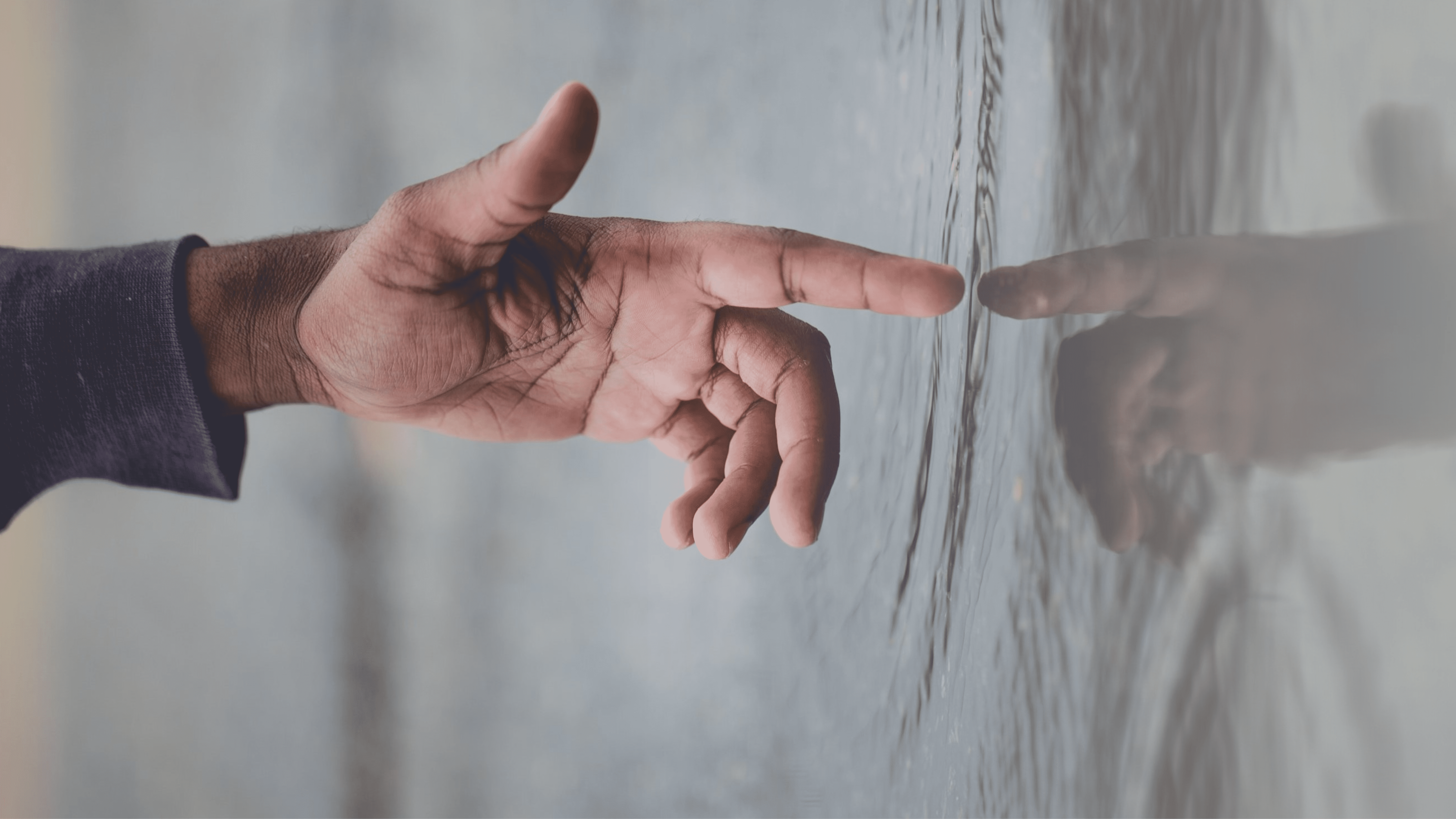
Talents for Tomorrow: Diversifying Foundations for Europe
The Allianz Foundation in Berlin and the European Cultural Foundation in Amsterdam are collaborating on a new Traineeship program focused on promoting and diversifying philanthropy with a European purpose. Throughout the 8-month pilot program, the Trainees will gain hands-on experience in one of the two Foundations.
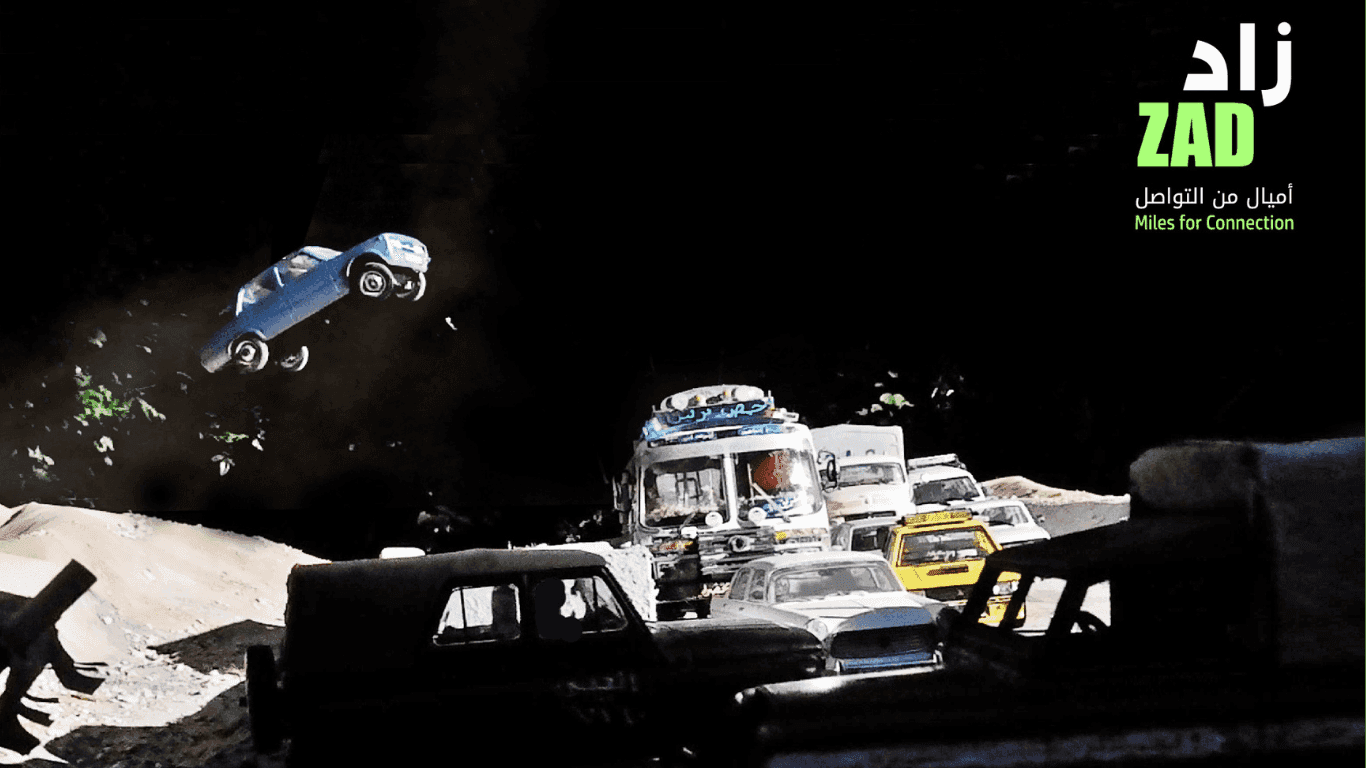
Zad: Miles for Connection
The right to freedom of movement is essential for a generation of artists who had to relocate to Europe. Zad promotes the mobility of artists, individuals, and groups by offering financial support to showcase their work in new venues. This assistance can cover travel costs within their current country or across Europe. The program is open for applications year-round.
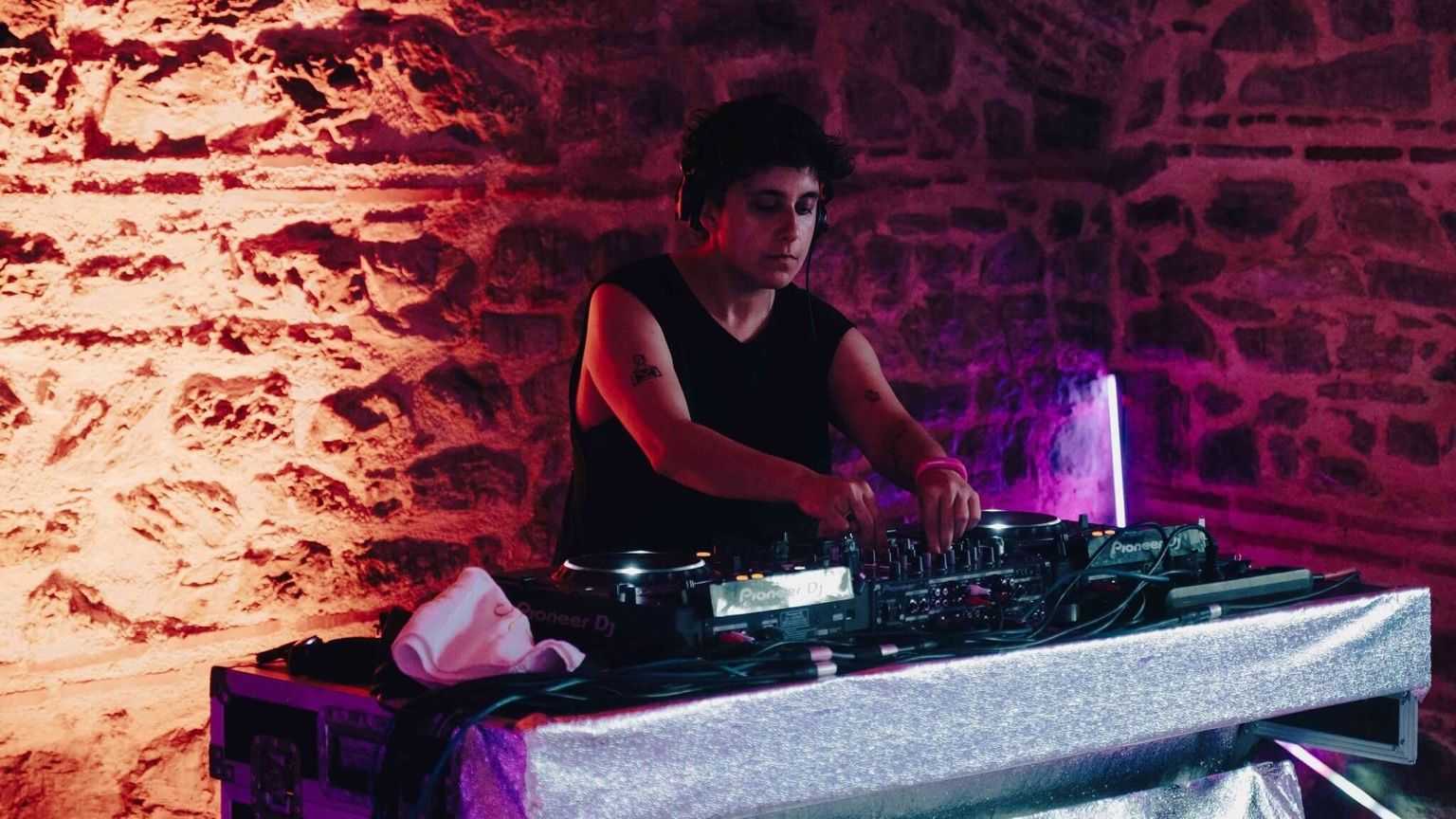
Tandem-residencies in Tarabya: nightlife as resistance
How does nightlife in Istanbul becomes an expression of identity and solidarity? In an interview, Yelta Köm and Ulya Soley reflect on their time as Tarabya fellows: from artistic research and publications to the “Sound Kitchen”. Find out what they experienced and how to apply for the fellowship.
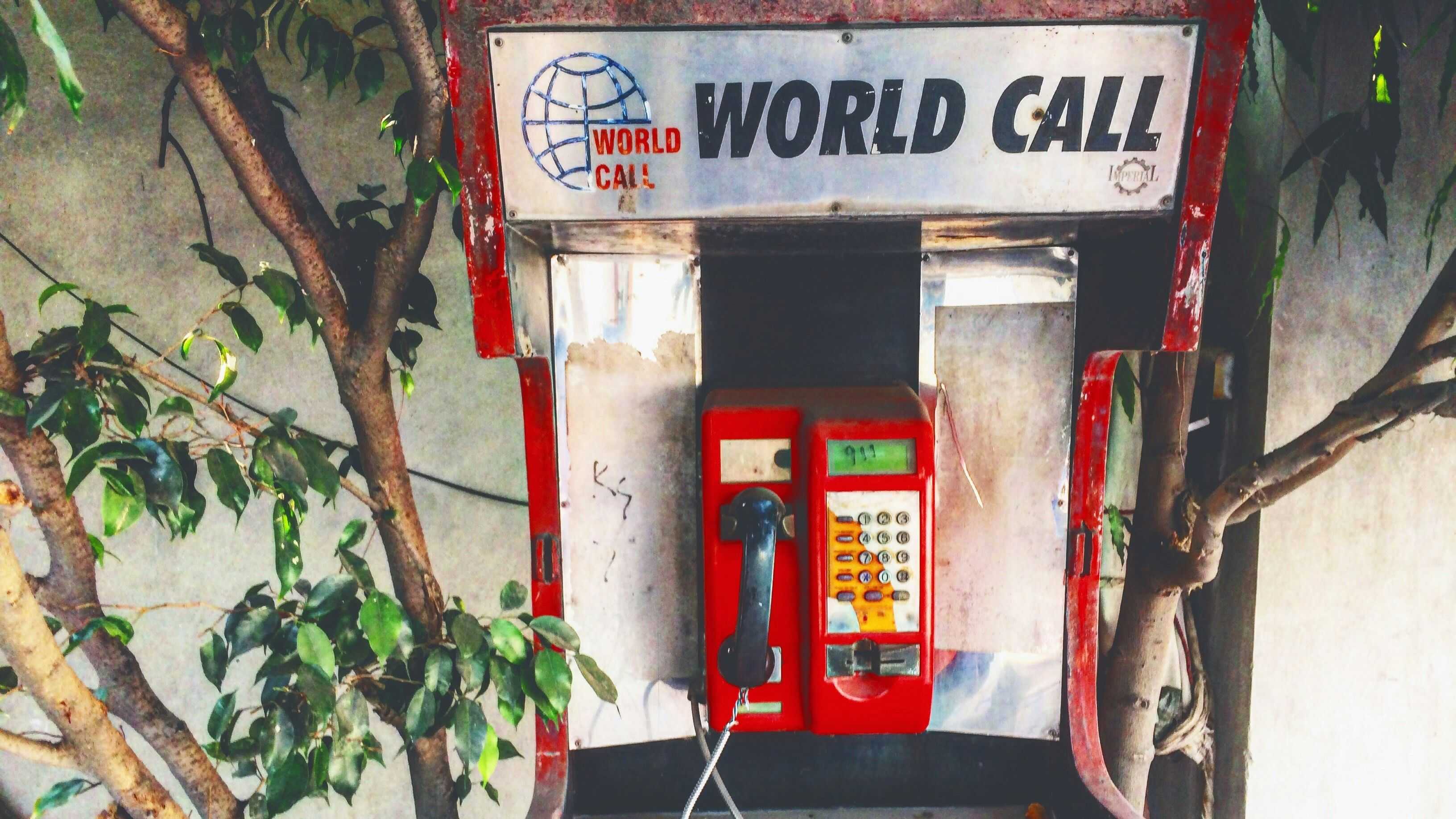
Allianz Foundation Grants Program 2025
+APPLICATION DEADLINE EXPIRED+ Allianz Foundation's 2025 funding program is now open for applications. We support initiatives with civil society, ecological, cultural and artistic backgrounds. We place a special emphasis on projects working at the intersection of these areas and pursuing systematic change.
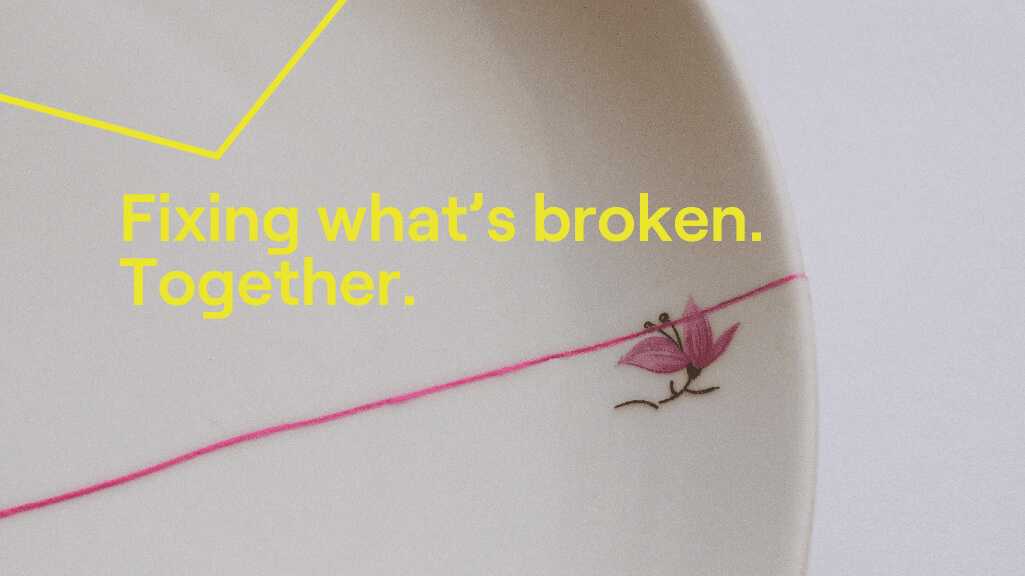
Fixing what’s broken: Our funding projects 2024
Twelve new projects in this year’s funding program – 'Fixing what's broken. Together!' – started in September. This season we are specifically supporting cooperation projects that address social divisions and ecological crises. Their work stands for solidarity, community spirit, and respect. Get to know the funded projects here.
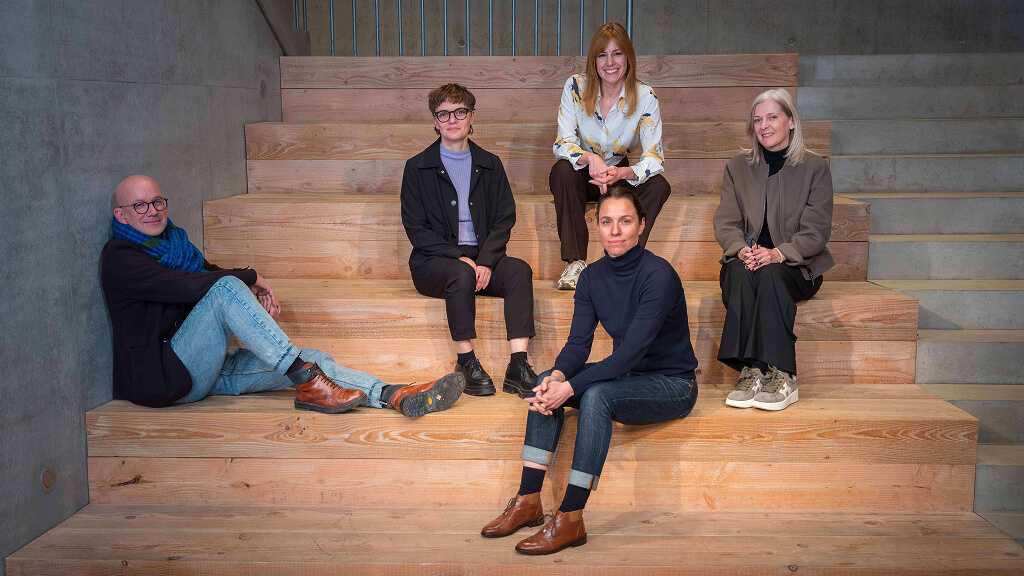
Media Forward Fund: supporting public interest journalism
Democracies require independent, long-term, and sustainably financed journalism, which is crucial for publishing trustworthy content. The Media Forward Fund was launched with this objective in July 2024. The first funding partners have now been announced.
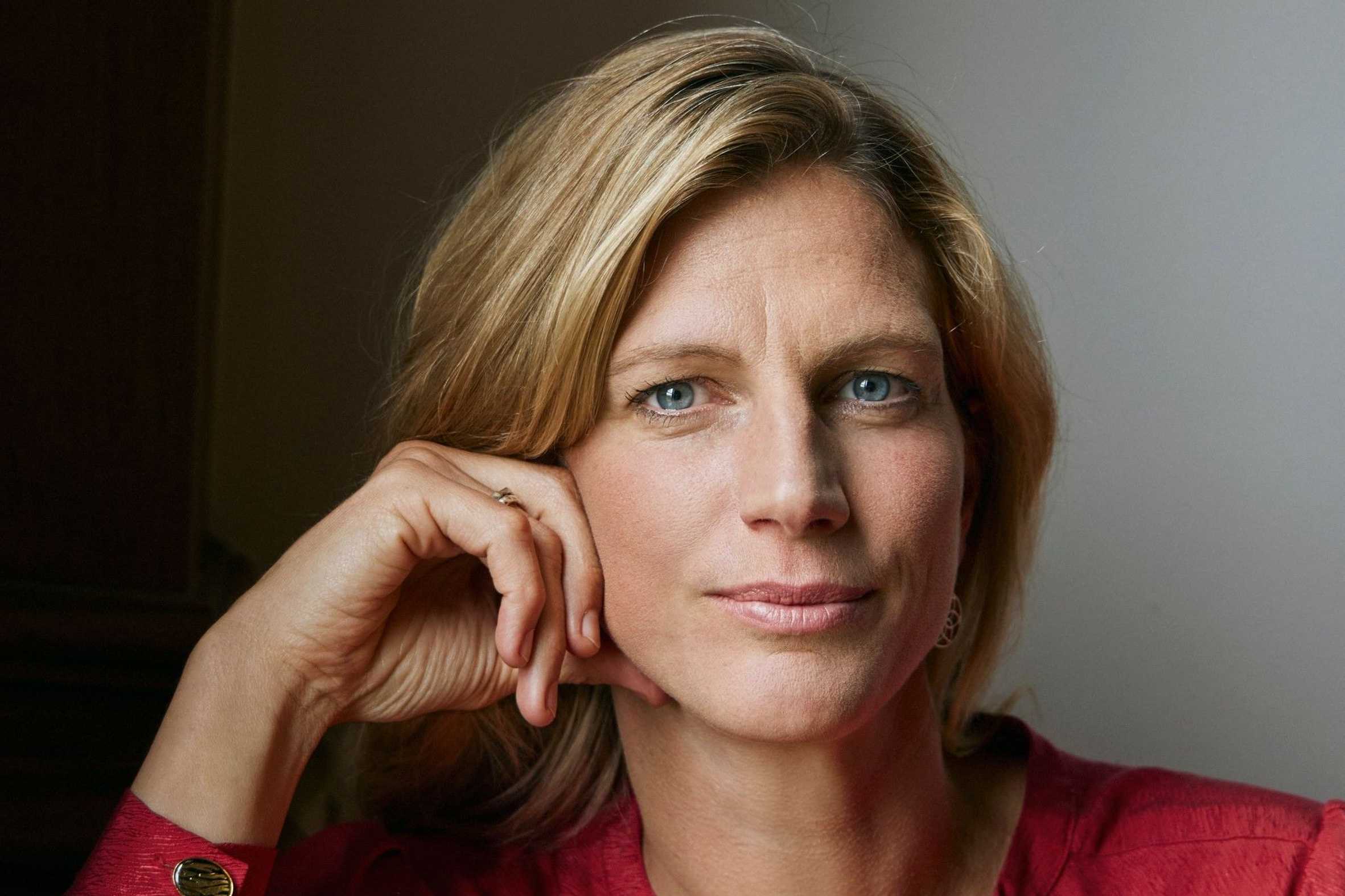
Our new fellow Maja Göpel: more courage for a future-oriented transformation

Our new fellow Idil Baydar: shatter the integration nightmare
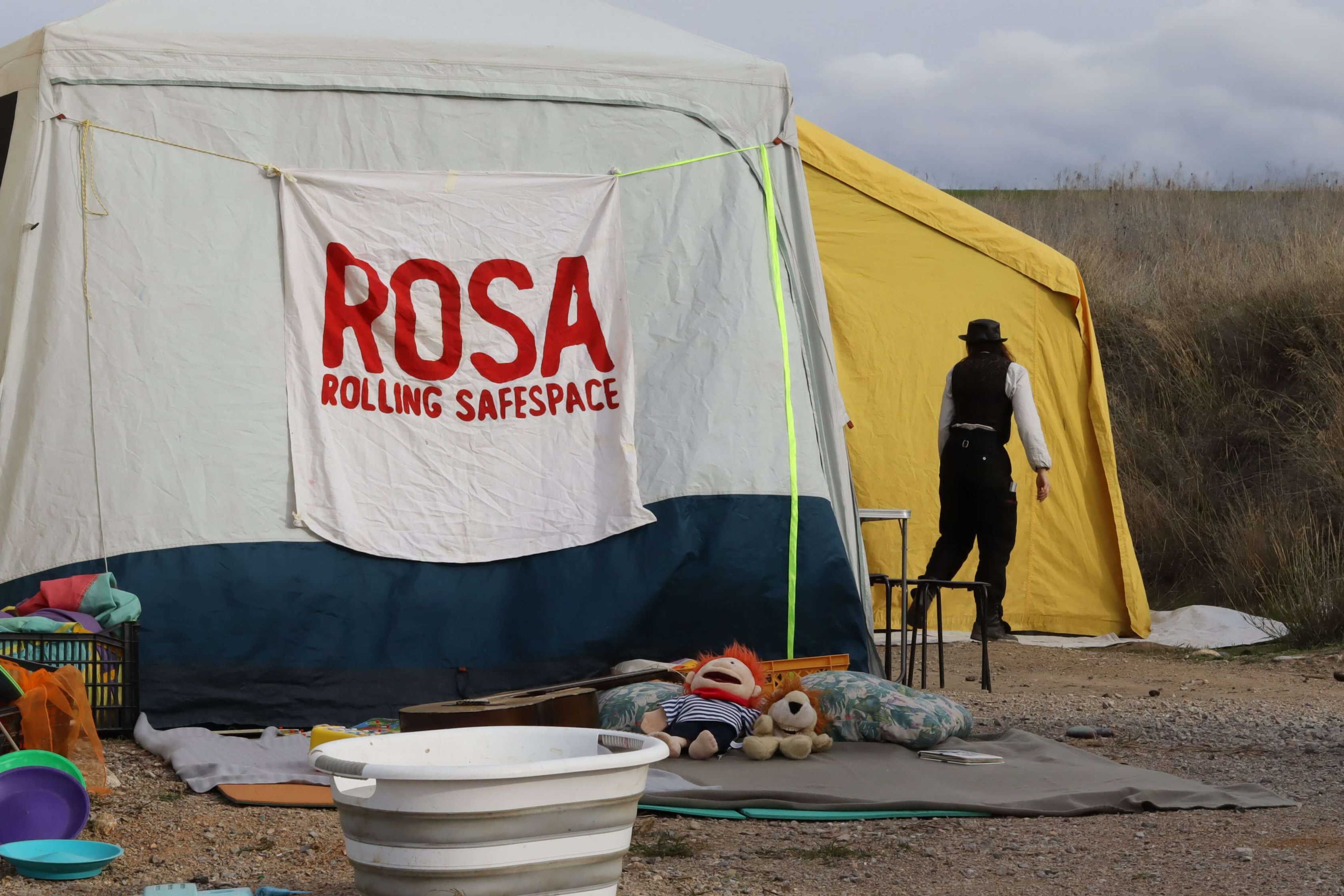
ROSA on the move: A truckload of hope for women in crisis
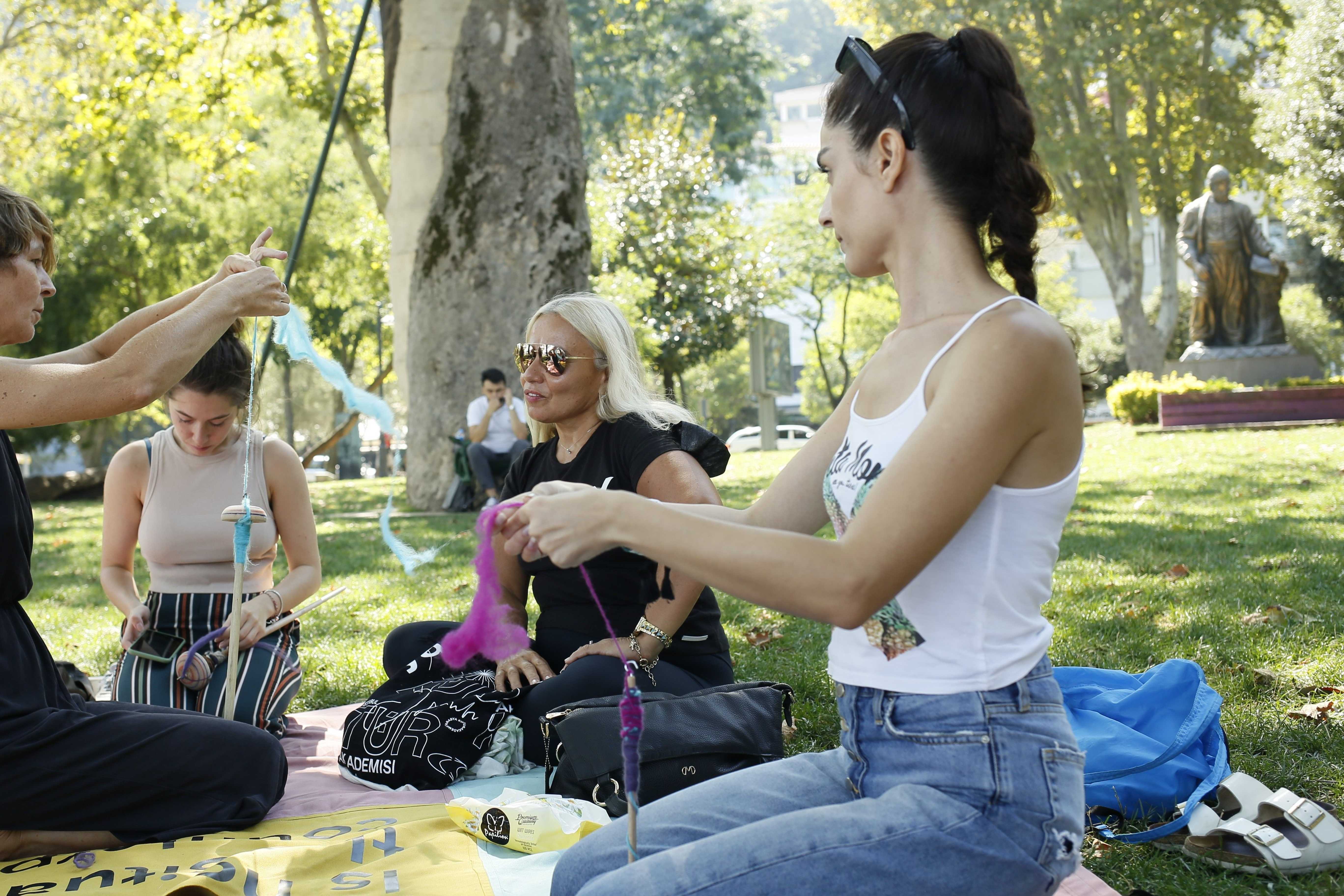
Four months in Tarabya
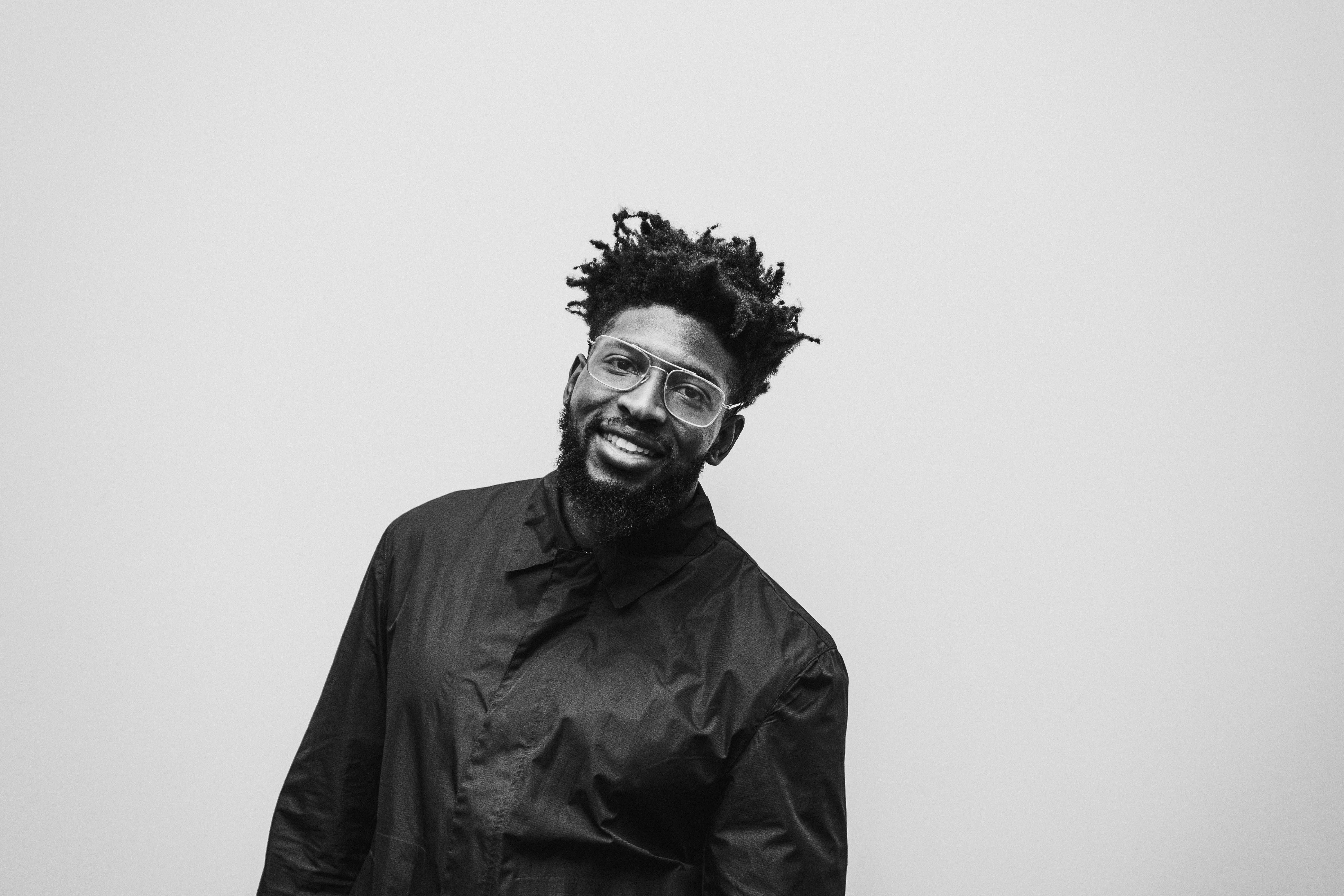
Our new fellow Makan Fofana: the mastermind of Turfurism
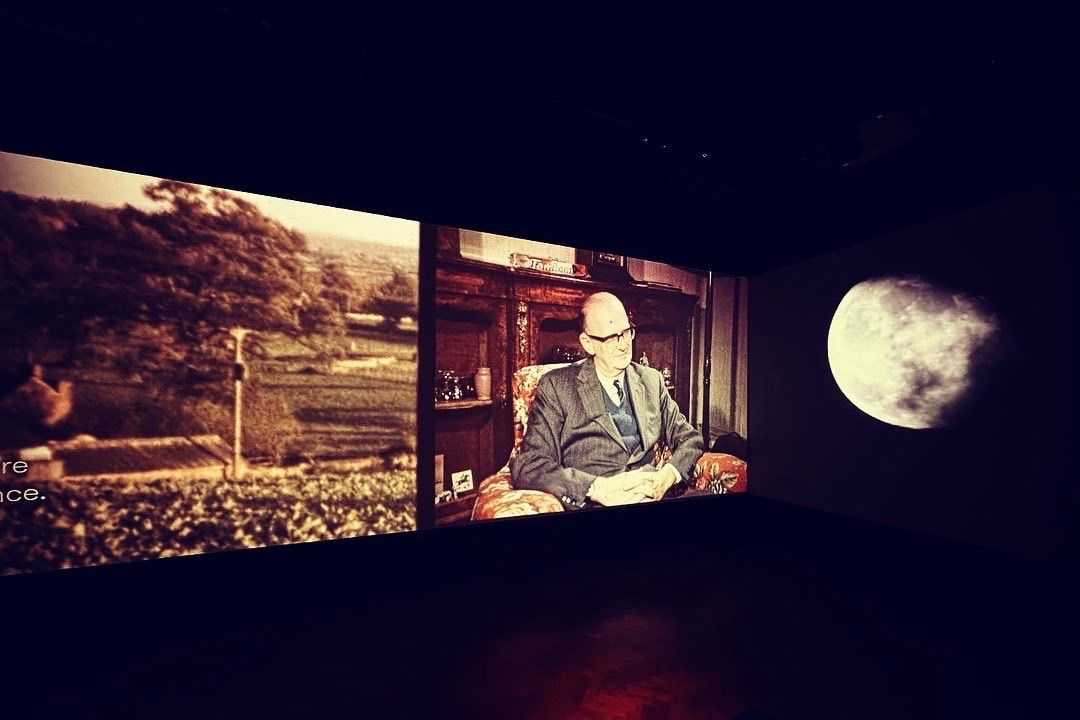
Radical Ecology: Supporting climate justice through creative practice
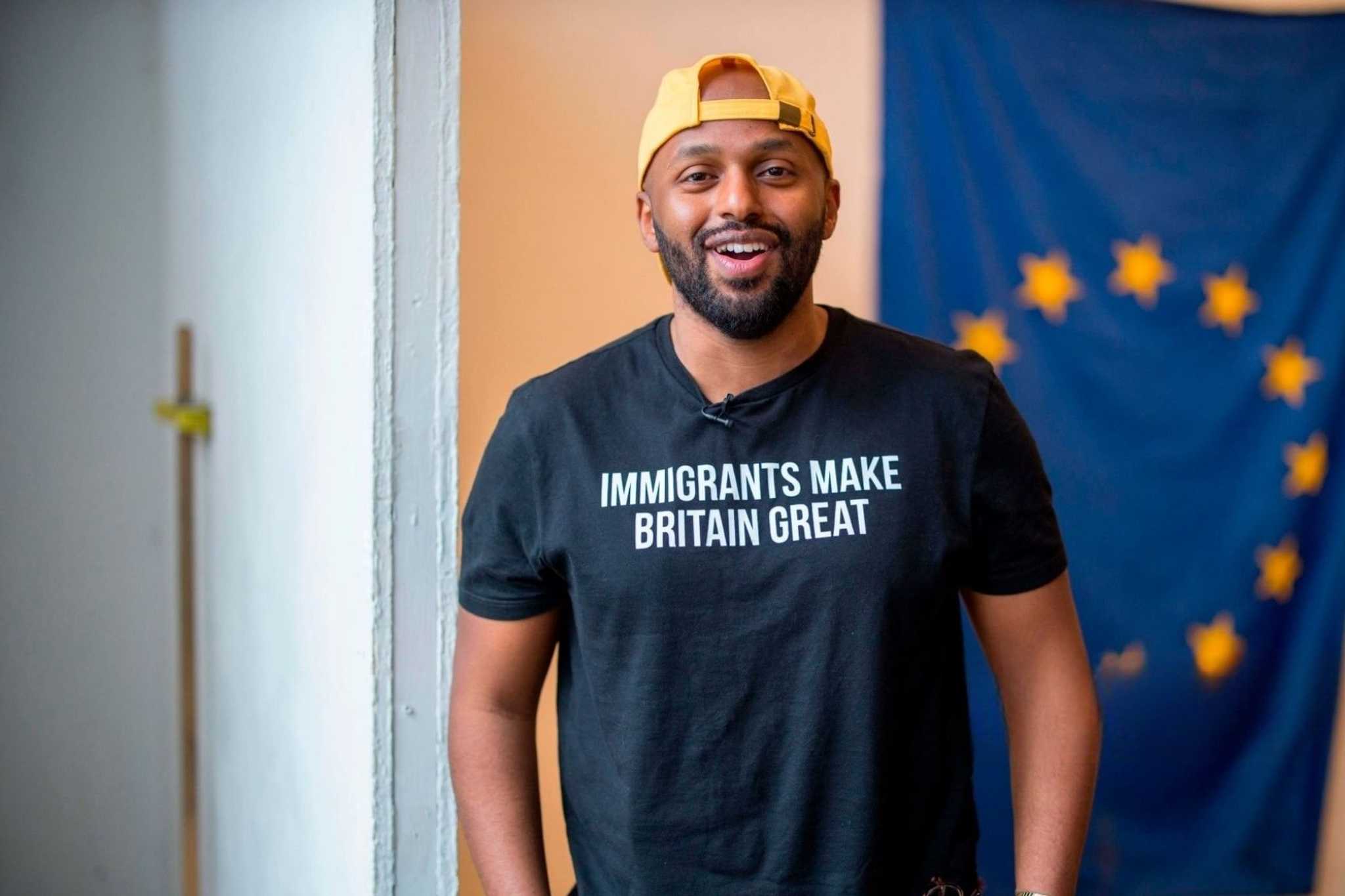
Magid Magid reflects on: Allianz Foundation Next Generations Study 2023

Visiting Umoja, Kenya’s women-only village

Exploring Afro-European Identities at Les Rencontres d’Arles 2024
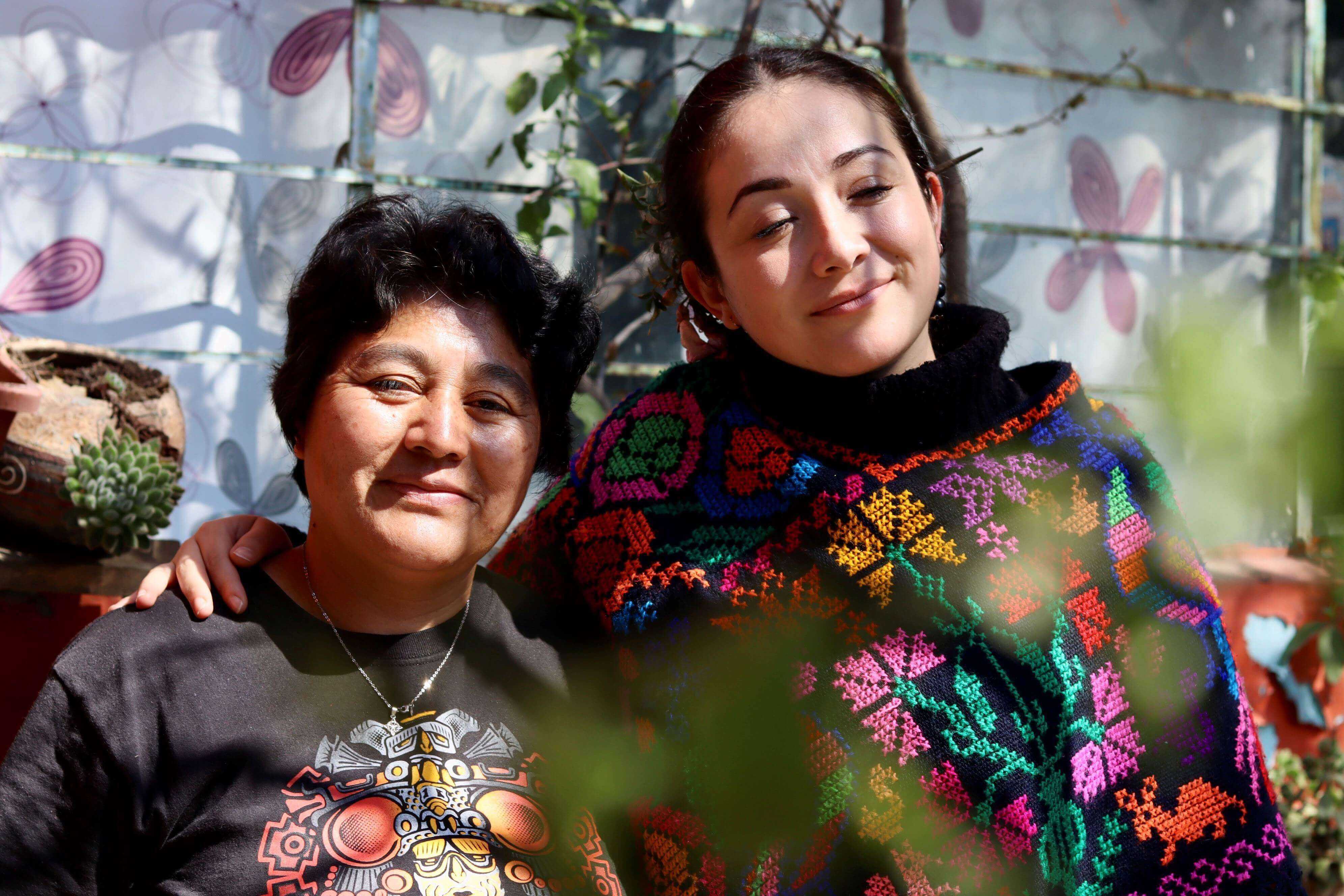
The House of Traditional Medicine Ixchel

Meet our first Fellows 2023 and 2024
